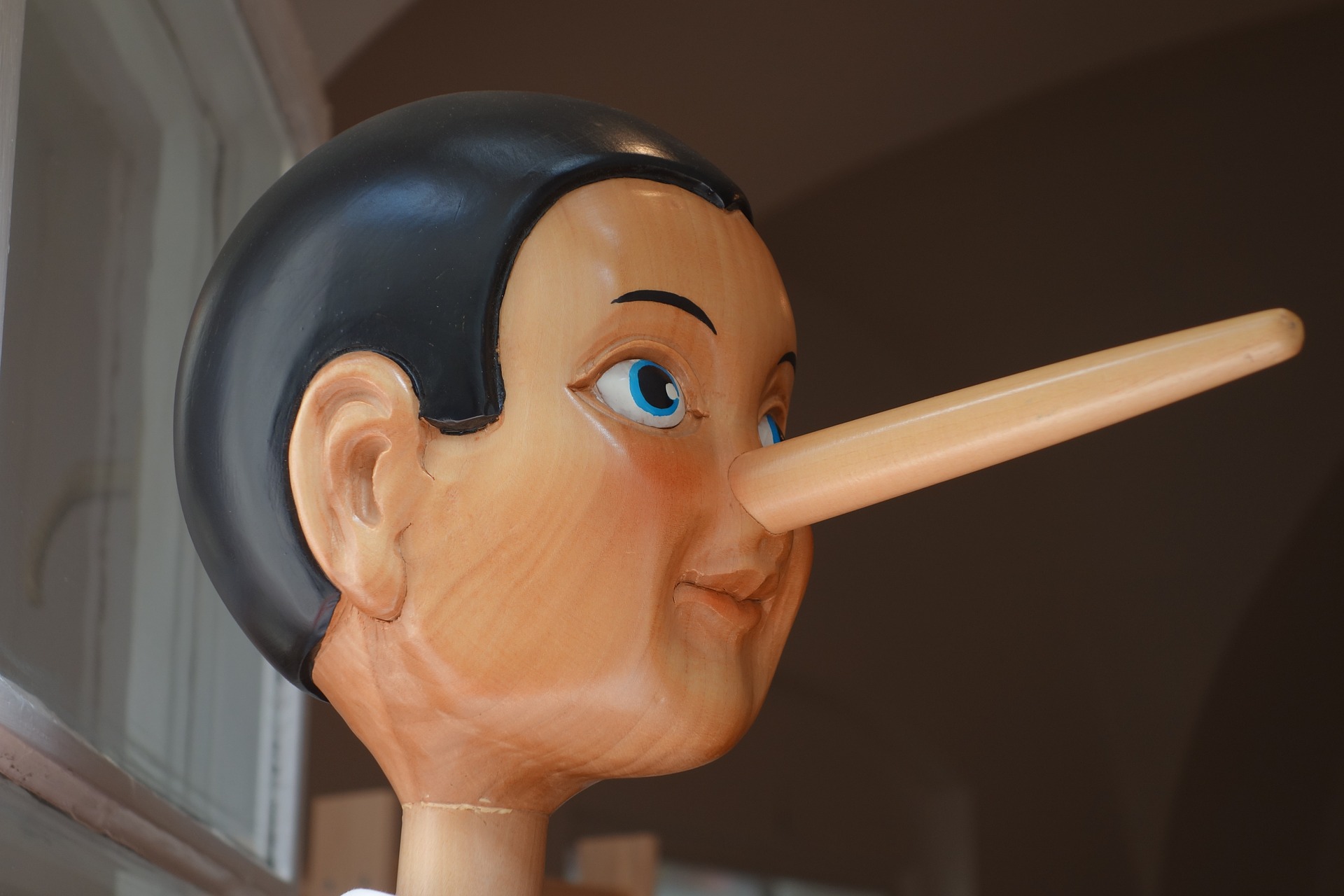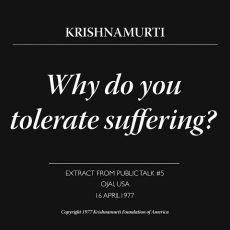Pessimism is all around us. Some people are continually afflicted with. All but the most optimistic among us have bouts of it. Is pessimism one of nature’s colossal mistakes, or does it have a valuable place in the scheme of things?
Pessimism may support the realism we so often need. In many arenas of life, optimism is unwarranted. At times we do fail irretrievably, and seeing those times through rose coloured glasses may console us but will not change them. In some situations – the cockpit of an airliner, for example -what’s needed is not an upbeat view but mercilessly realistic one. Sometimes we need to cut our losses and invest else where rather than find reasons to hold on. Happyho also provides best Meditation and Tarot classes in Noida and Delhi NCR India area
Can you change pessimism of metropolitan corporate executives. I was less worried about my ability to change pessimism into optimism than I was about the harm I might do. May be some of the pessimism the executives brought to their jobs accomplished something important. Someone has to dampen overly enthusiastic plans. These pessimists had risen to the top of corporate ladder – they had to be doing something right.
It is important to ponder on the question that had long nagged at me: Why has evolution allowed depression and pessimism to exist at all? certainly optimism seems to have an evolutionary role. Lionel Tiger in his book has argued that the human species has been selected by evolution because of its optimistic illusions about reality. How else could a species have evolved that plants seeds in April and holds on through drought and famine until October, that stands up alone before charging mastodons and waves small sticks that commences to build cathedrals that will take several lifetimes to complete? The capacity to act on the hope that reality will turn out better than it usually does is behind such courageous or foolhardy, behaviour.
Or consider this: Many people believer there is no God, that the only purpose in life are those people manage to create for themselves , and that when they die, they rot. If this is so, why are so many of these same people cheerful? The capacity to blind ourselves to our own deeply held negative beliefs may be our remarkable defence against succumbing continually to depression.
But what, then, is the role of pessimism? Perhaps it corrects for something we do only poorly when we are optimistic and not depressed namely, appreciating reality accurately.





